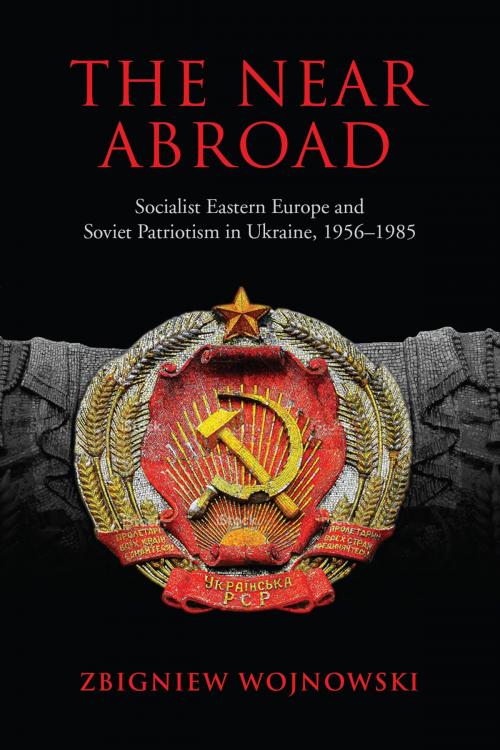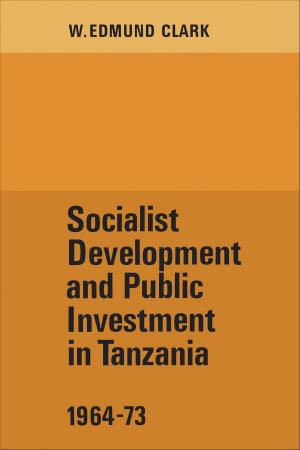The Near Abroad
Socialist Eastern Europe and Soviet Patriotism in Ukraine, 1956-1985
Nonfiction, History, Eastern Europe, Asian, Russia, European General| Author: | Zbigniew Wojnowski | ISBN: | 9781442631052 |
| Publisher: | University of Toronto Press, Scholarly Publishing Division | Publication: | June 16, 2017 |
| Imprint: | Language: | English |
| Author: | Zbigniew Wojnowski |
| ISBN: | 9781442631052 |
| Publisher: | University of Toronto Press, Scholarly Publishing Division |
| Publication: | June 16, 2017 |
| Imprint: | |
| Language: | English |
From the Soviet perspective, Eastern Europe was the near abroad – more accessible than the capitalist West, yet also unambiguously foreign. Observing their western neighbours, citizens of the USSR developed new ideas about the role of states, borders, and national identities in the Soviet empire.
In The Near Abroad, Zbigniew Wojnowski traces how Soviet Ukrainian identities developed in dialogue and confrontation with the USSR’s neighbours in Eastern Europe. The author aptly challenges the dominant chronologies of late Soviet history by arguing that patriotism framed heated debates about the future of the Soviet state even amongst the rising tide of cynicism and disengagement from public life. Wojnowski’s insightful analysis illuminates the mental geographies that continue to shape relations and conflicts between Russia, Ukraine and Eastern Europe to this very day. Unlike most other histories of Ukraine, The Near Abroad does not reduce Ukrainian nationalism to anti-Soviet views and behaviours.
From the Soviet perspective, Eastern Europe was the near abroad – more accessible than the capitalist West, yet also unambiguously foreign. Observing their western neighbours, citizens of the USSR developed new ideas about the role of states, borders, and national identities in the Soviet empire.
In The Near Abroad, Zbigniew Wojnowski traces how Soviet Ukrainian identities developed in dialogue and confrontation with the USSR’s neighbours in Eastern Europe. The author aptly challenges the dominant chronologies of late Soviet history by arguing that patriotism framed heated debates about the future of the Soviet state even amongst the rising tide of cynicism and disengagement from public life. Wojnowski’s insightful analysis illuminates the mental geographies that continue to shape relations and conflicts between Russia, Ukraine and Eastern Europe to this very day. Unlike most other histories of Ukraine, The Near Abroad does not reduce Ukrainian nationalism to anti-Soviet views and behaviours.















